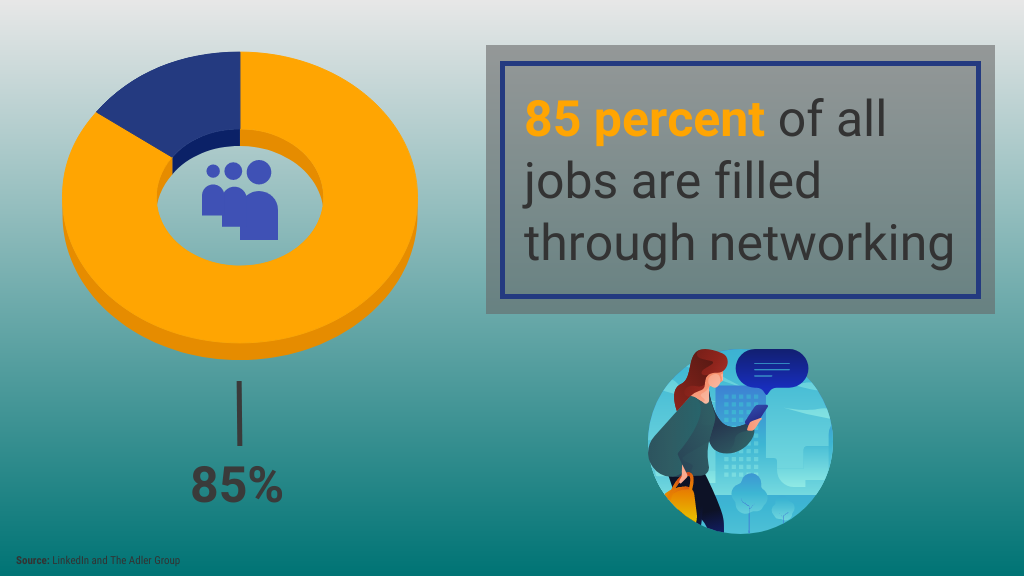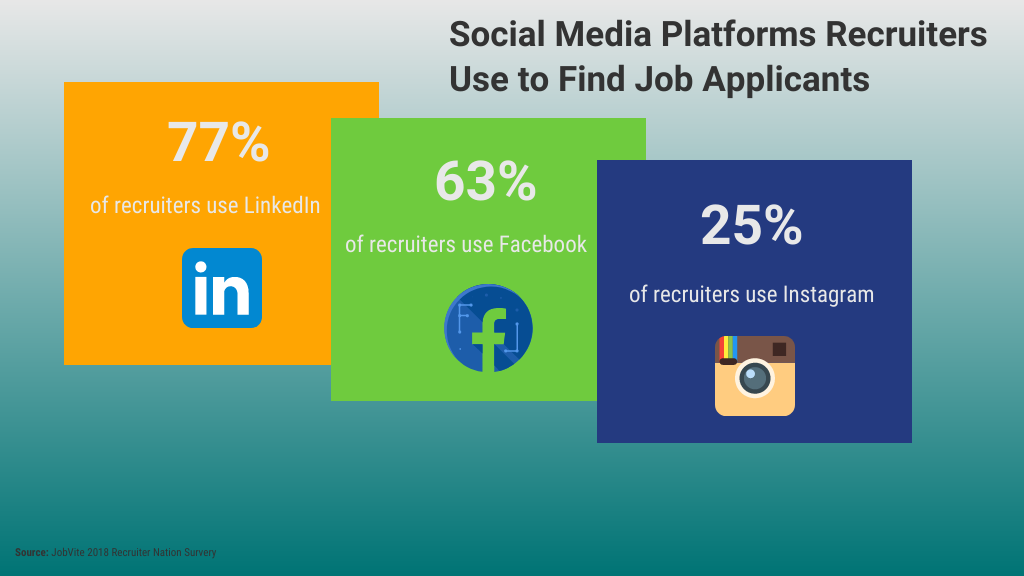Our Blog
How to Land Your First Full-Time Position out of College
After four years of late-night study sessions, endless exams, and pages of papers, it’s time to apply for your first full-time job. This is the beginning of an exciting new chapter in your life, but it can be pretty stressful, too. Where will I end up? What makes me stand out among the other candidates? How do I write the perfect cover letter? These are just some of the questions you’re probably asking yourself as you scour job search sites like LinkedIn, Glassdoor, and Indeed.
While your first job isn’t necessarily the job you hold for the rest of your life, it’s important you start somewhere that will help you grow and prepare you for further jobs down the line. To get started on your post-grad career, take a look at our tips on how to land your first full-time position out of college.
1. Utilize your school’s career services
You may not have been aware, but most colleges and universities have a career services department. This department’s sole job is to help students prepare for life after college and build the alumni network. So, before you move out of your dorm or off-campus house, pay a visit to the career services office. Here, you can sit down with an advisor who can work with you to find a career that’s relevant to your degree and interests.
Along with helping you find a job, career advisors can help tailor your resume, review your cover letter, and partake in mock interviews to prepare you for those hard-asked questions by employers. After paying thousands of dollars for your education, you might as well take advantage of every resource your university has to offer.
2. Network with alumni, friends, and family
While networking isn’t everyone’s cup of tea, it can be extremely powerful when it comes time to search for a job and build your professional network. One of the best things about college is taking classes with peers of different ages and backgrounds. This means you’ll most likely form deep relationships with students older than you, who can act as mentors once they enter the workforce. When your time comes to graduate, reach out to alumni who can set you up with an interview at their place of work or other business they have connections with.
Along with alumni, your friends and family can also serve as great resources. Everyone’s rooting for your success, so they’re more than likely to help you find your first full-time position after you walk across the stage at your commencement ceremony. Even though networking can be uncomfortable and awkward at first, it’s a great way to develop your communication skills and your elevator pitch that highlights your skills and experiences.
3. Join a professional network
Another form of networking is joining a professional network. If you’re still a student, you can join a professional organization as a student member, or as a professional, once you graduate. Through professional organizations, you’ll be able to meet with people in your industry, learn new skills, and get your name out there. You never know who you’re going to meet and who’s hiring, making professional networks a great opportunity for landing your first full-time job. There are numerous professional organizations with chapters across the country, such as:
- American Institute of Certified Public Accountants: Accounting
- National Association of Professional Accountants: Accounting
- American Institute of Architects: Architecture
- National Communication Association: Communications
- National Association for Business Economics: Economics
- Association of American Educators: Education
- National Environmental Health Association: Environmental
- National Human Resources Association: Human Resources
- National Association of Insurance & Financial Advisors: Insurance
- American Society for Quality: Manufacturing
- National Recreation and Park Association: Parks and Recreation
- American Society of Plumbing Engineers: Plumbing
- American Psychological Association: Psychology
- National Business Development Association: Sales
- Institute of Internal Auditors: Tax
- American Planning Association: Urban Planning
No matter what field you want to end up in, there is most likely a professional organization associated with that field that you can join.
4. Use job search sites
Unlike your parents who had to look for job postings in the newspaper, you have the opportunity to search for jobs all across the world through your computer. There are numerous job search sites you can make accounts on and begin your job search, such as LinkedIn, Glassdoor, Indeed, and Monster. On each of these sites, make sure you upload a basic resume and cover letter that details your skills, education, and experience. This will make it easy for recruiters to find you on these job search sites and reach out to you. You can even harness power from social media platforms like Facebook, Instagram, and Twitter to find a job.
Additionally, you can use their job search function to put in the city, state, and field of interest. You can even create alerts for specific jobs to ensure you’re among the first applicants for a role. To ensure you boost your chances of getting interviewed or hired, make sure you have a professional photo as your profile picture, write concisely on your profile, resume, cover letter, and reach out to recruiters and jobs through the messaging feature.
5. Create a tailored resume and cover letter
While a generic cover letter and resume are fine to post on your profile for job search sites, it’s important to write tailored resumes and cover letters for jobs you’re applying for. Carefully crafting your resume and cover letter will show the companies you’re applying to that you’ve researched the position and have the necessary skills and experience for the role. Once you’ve finished writing each resume and cover letter, have friends, family, and even career advisors from your university review and edit them to ensure they’re free of grammatical errors and speak to your skills.
Time to land your first full-time job
Entering the real world after graduating from college can be very intimidating. The uncertainty of not having a job can be a major source of stress, especially when you have student loans and rent to pay. However, there are ways you can increase your chances of getting hired for an entry-level position right out of college. With these five tips on how to land your first full-time position, you’ll be prepared to nail your interviews and build a network of connections to push you forward.
Samantha Rupp holds a Bachelor of Science in Business Administration and is the managing editor for 365businesstips.com. She lives in San Diego, California and enjoys spending time on the beach, reading up on current industry trends, and traveling.
How Long Should Your Resume Be?
Key Questions to Ask When Interviewing for a Job
Gen Z Dynamics in the Workplace: Strategies for Engaging Younger Talent
Understanding and Managing Interview Anxiety
The Importance of Leadership Perception in Attracting Top Talent
Proven Strategies to Destress and Succeed in Your Job Search
With great vision, you need great people
Looking for higher-level career opportunities in Greater Boston and throughout Massachusetts?




